![]()
= War Diary by Russell “Texac” Bentley =
Texac’s chronicle No. 1: Birth of a Nation
“This is Fascism’s first defeat since the US withdrawal from Vietnam, and what we have done here can possibly change the world….”
 This is the personal diary of Russell Bonner Bentley—”Texac”—an American volunteer militiaman currently serving with Novorossiya’s army. Texac is both a frontline fighter and a war correspondent. His dual mission is to help repel the Washington-created, Nazi-infested regime in Kiev, and to introduce Western publics to the truth about the war in the Donbass. The heroic struggle of the young republics in Eastern Ukraine, their unwavering defiance of Western fascism and their high ideals, has reignited hope among many people around the world, hope that imperialism can indeed be pushed back and defeated, and that a new, better world, can at last be constructed. Thus, in the spirit of the International Brigades that fought in Spain in the 1930s, brave volunteers, honorable men, are streaming in from Russia, France, Spain, Chechnya, Serbia, Italy, South America and many other points—even the US—as Texac’s welcome presence indicates. The Donbass is today’s Spain, as is martyred Syria. More may join them before this struggle is over. It is entirely fitting, therefore, to recall La Pasionaria’s tribute to their deeds:
This is the personal diary of Russell Bonner Bentley—”Texac”—an American volunteer militiaman currently serving with Novorossiya’s army. Texac is both a frontline fighter and a war correspondent. His dual mission is to help repel the Washington-created, Nazi-infested regime in Kiev, and to introduce Western publics to the truth about the war in the Donbass. The heroic struggle of the young republics in Eastern Ukraine, their unwavering defiance of Western fascism and their high ideals, has reignited hope among many people around the world, hope that imperialism can indeed be pushed back and defeated, and that a new, better world, can at last be constructed. Thus, in the spirit of the International Brigades that fought in Spain in the 1930s, brave volunteers, honorable men, are streaming in from Russia, France, Spain, Chechnya, Serbia, Italy, South America and many other points—even the US—as Texac’s welcome presence indicates. The Donbass is today’s Spain, as is martyred Syria. More may join them before this struggle is over. It is entirely fitting, therefore, to recall La Pasionaria’s tribute to their deeds:
“From all peoples, from all races, you came to us like brothers, like sons of immortal Spain; and in the hardest days of the war, when the capital of the Spanish Republic was threatened, it was you, gallant comrades of the International Brigades, who helped save the city with your fighting enthusiasm, your heroism and your spirit of sacrifice…
For the first time in the history of the peoples’ struggles, there was the spectacle, breathtaking in its grandeur, of the formation of International Brigades to help save a threatened country’s freedom and independence – the freedom and independence of our Spanish land.
Communists, Socialists, Anarchists, Republicans – men of different colors, differing ideology, antagonistic religions — yet all profoundly loving liberty and justice, they came and offered themselves to us unconditionally.
They gave us everything — their youth or their maturity; their science or their experience; their blood and their lives; their hopes and aspirations — and they asked us for nothing. But yes, it must be said, they did want a post in battle, they aspired to the honor of dying for us.
Banners of Spain! Salute these many heroes! Be lowered to honor so many martyrs…!”(1)
By Russell Bonner Bentley (“Texac”)
When I was in Junior High School in Houston, Texas, back in the 1970’s, our Social Studies class we watched D.W. Griffith’s Birth of a Nation. Our teacher went on and on about what a masterpiece it was, but I was not impressed. Forty years later, I am in the Donetsk People’s Republic, watching the birth of a nation, for real, and it is mighty impressive indeed. We have fought the Ukrainian Army to a standstill. Our new Republic is strong – militarily, politically, economically, and philosophically. I have been here for almost a year, fighting as a DPR soldier with the Essence of Time combat unit at the Donetsk Airport and at Spartak, and also an Information Warrior, fighting against the genuinely Fascist regimes in Kiev, Brussels, London, and Washington D.C.
As a soldier on the front lines, the effective range of my AK-74 was about 400 meters, and the range of my RPG, about 900 meters. As an Information Warrior, my words are my bullets, and I can reach around the world. I will be making regular reports about the birth and growth of my new country, and will be doing everything I can to keep it safe and to make sure that it fulfills all the great potential that a brand new nation in the 21st Century implies. I invite you to follow this story, and contribute if you can. This is Fascism’s first defeat since the US withdrawal from Vietnam, and what we have done here can possibly change the world. As the shooting war seems to be winding down, the Information War will be even more important, and the reconstruction and recovery begins. There are many ways to help. Join us. Here’s how I did it…
[dropcap]I[/dropcap] came to Donetsk in December of 2014, after following closely the events in Kiev, Odessa and Southeast Ukraine (Donbass). I was outraged by what I saw, and also felt a personal responsibility as a US citizen, because there can be no doubt that the phony Maidan coup would never have happened without US backing and direction. Once my decision to come here was made, I told my friends and family about my plans. Most did not believe I would really do it, but I have been known to do some audacious things in my life, and they should have known better. I sold most of my possessions to finance the trip, including my beloved motorcycle, and gave away the rest. I had a final Thanksgiving dinner with my family and a few close friends, and left Dallas on December 1st, with a one way ticket to Rostov on Don. It was like diving off a seaside cliff with my eyes closed.The movie “Stalingrad” was playing on the plane as we flew across the Atlantic, and I found it quite inspiring. I landed at Vnukovo Airport in Moscow after midnight. As the saying goes, “I spent a week in Moscow one night”. After passing through customs and airport security, I went to the only kiosk open and asked for a cup of coffee in my very limited Russian. I then reached in my back pocket for my money, and it was not there. Neither was my passport. Take a moment to reflect on what that might feel like. In a foreign country with a different language, halfway around the world, no money, no passport. I had determined to come to Donbass to be a soldier, fight Fascism and try to change the world. When my family suggested I might be biting off more than I could chew, I told them I was smart and tough enough to do it. I had been on foreign soil for less than an hour, and it seemed I was already totally screwed. Naturally, I sat down and had a good laugh.
…
The next morning, after exchanging a thousand dollars for Rubles, I finally got that cup of coffee and caught the plane to Rostov. We landed in a blizzard, and the Rostov airport looked like a Mexican airport from the 1960’s. So, I wasn’t just in Russia, I was in the Russian boondocks, and going even further into the wild, wild East, to be on the small side of a big war, on the Russian steppes, in Winter, at the age of 54. But I was game, and moved ahead. I made my way to the guesthouse where I had reserved a room online before I left Texas. After communication via google translate with my host, I made my way to a nearby store, bought a bottle of vodka and a microwave pizza, and went back and had myself some rest. The next day, I got up and took a stroll around town, managed to buy myself a cheap cellphone (US phones operate on different frequencies than Russian ones, so do not work in Russia) and read my first Russian word in Russia – “Банк”, “Bank”. Not too big of a stretch, obviously, but I felt like a real genius.
[dropcap]B[/dropcap]ack around the time I was watching Griffith’s “masterpiece” in Miss Thompson’s Social Studies class, I saw a photograph of the monument to the heroes of Stalingrad at MAMAYEV KURGAN MAMAYEV KURGAN. It was beautiful and inspiring, and I had always wanted to see it ever since, but never expected to, never imagined that it would ever be even remotely possible. But when I made my decision to come to Donetsk via Rostov, and saw that Volgograd and Mamayev Kurgan were only about 500 Km away, I decided to make a side trip before crossing the border into the DPR. So, after a couple of days in Rostov, I caught a bus to Volgograd, to Stalingrad. As we drove across the vast and empty Russian Steppes, (through another blizzard, of course) at one point the bus engine stalled. It took about 15 minutes to get going, and during that time I realized that as lightly dressed as I was, if the engine did not start, I would probably freeze to death before help arrived. The chill I felt was not entirely due to the sub-zero temperatures. Thanks to good luck and Russian ingenuity, we made it.
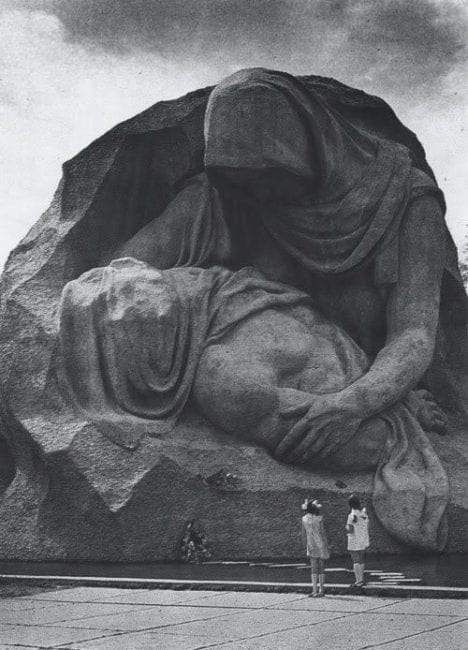
Mamayev’s complex Pietá. The pain of mothers who lose their sons and daughters in wars is unfathomable. That’s one of the many reasons why “wars of choice” are capital offences, and perpetrators like Tony Blair, George W. Bush, Jr., Dick Cheney, Obama, and their many enablers and cabals, should be tried on an international war crimes tribunal.
I got a room in an upscale but very reasonably priced hotel, and checked the map to see how to get to the monument I had wanted to see for over 40 years. I got up at 4AM and decided I would walk the 10 KM from my hotel to the monument. It was still dark when I started out, but I knew the direction, and had the mighty Volga river to guide me. On the way, I passed a great statue of Lenin and the famous sculpture of the children dancing around the chained crocodile.

Lenin is far from forgotten in Russia, and the Federation’s armed forces still proudly display communist flags with Lenin’s face as an emblem. In Western Ukraine and Kiev, however, statues in his honor and communist symbols have been defaced and destroyed.
[dropcap]I[/dropcap] arrived at Mamayev Kurgan a little after dawn, and was the only person there. It was just me and the ghosts of a million heroes, and I must admit, the experience moved me to tears. I spent several hours there, and truly felt as if the spirits of those million heroes knew I was there, and appreciated my coming to pay my respects. Later, I caught the trolley back to the hotel, and spent the evening in the hotel bar, trying to seduce the beautiful bartender, Sveta, to no avail. The next morning, with a bit of a hangover, I made the trip back to Rostov with a Guardian Angel on my shoulder. Though I did not “get lucky” with Sveta that night, I have been very, very lucky many times since.
[dropcap]B[/dropcap]ack in Rostov, I made a trip to the Army Surplus store where I bought 3 sets of camouflage; green, white and brown. Two days later, I again rose before dawn, this time to catch the bus to Donetsk. As I stood on the platform, smoking a cigarette, two Russian policemen approached me and pointed to the No Smoking sign right behind me. They asked in rudimentary English where I was going and for my passport. Reading my name, one smiled and said, “Ah, Russell, like Russell Crowe”. I smiled and said, “Da, ya gladiator”. Though it is only about 200 Km from Rostov to Donetsk, the trip took most of the day. When we arrived at the border crossing, everyone was instructed to exit the bus and bring all their baggage in to the Customs station to be checked. The Russian official asked the purpose of my trip to Donetsk and I replied “To visit friends”. In reply to his question about my camouflage uniforms, it took me a few minutes to find the words “Christmas presents” in my Russian phrase book. He smiled and let me pass. On the DPR side of the border, the Customs shed had bullet and shrapnel holes from recent battles, and as we waited for our passports to be checked, I realized I was now in a different world. A very different world.
The trip from the border was uneventful, but along the way, we passed several bombed out and deserted villages, as well as deserted blockposts and trenches. After passing through the military checkpoint at the Donetsk city limits, the bus made a stop so people could exchange rubles for grivnas with a guy standing on the street who had a briefcase full of money and two friends with Kalashnikovs. No banks in the DPR, but essential services like money exchange are still provided one way or another. As the sun was setting, we arrived at the bus station. Less than 5 minutes after I got off the bus, I heard artillery firing and impacting just a few kilometers away. It was heavy artillery, and plenty of it, but everyone at the bus station just went about their business as normal, so I did the same. I caught a cab at only double the normal rate, to the Red Cat hostel, where I met for the first time Christian Malaparte, a writer who had been living and working in Donetsk since May. We had corresponded on Facebook prior to my arrival, and I was very, very glad to meet someone who spoke English and some Russian, and was willing to help. So, that’s how I got to Donetsk, and getting here was the easy part.
C O D A
“This one’s for my brother, Charles Carter Bentley…”
(1)Dolores Ibárruri, La Pasionaria, Farewell Address to the International Brigades, Barcelona, November 1, 1938
APPENDIX: SPECIAL MATERIALS
I
In this section we present a compilation of materials about and related to Texac’s narrative and life in his new homeland.
https://www.youtube.com/watch?v=zMwsxYzu8Os&spfreload=10
https://www.youtube.com/watch?v=5Kz7T9iw4hI&spfreload=10
https://youtu.be/1wVxbqon1aQ
II
MAMAYEV KURGAN: THE PEOPLE OF RUSSIA REMEMBER
Mamayev Kurgan (Russian: Мамаев Курган) is a dominant height overlooking the city of Volgograd (formerly Stalingrad) in Southern Russia. The name in Russian means “tumulus of Mamai“.[1] The formation is dominated by a memorial complex commemorating the Battle of Stalingrad (August 1942 to February 1943). The battle was a hard-fought Soviet victory over Axis forces on the Eastern front of World War II and arguably the bloodiest battle in human history.[2] At the time of its installation in 1967 the statue named The Motherland Calls formed the largest free-standing sculpture in the world,[3] now it is the tallest sculpture of a woman in the world.
BACKGROUND: When forces of the German Sixth Army launched their attack against the city centre of Stalingrad on 13 September 1942, Mamayev Kurgan (appearing in military maps as “Height 102.0”) saw particularly fierce fighting between the German attackers and the defending soldiers of the Soviet 62nd Army. Control of the hill became vitally important, as it offered control over the city. To defend it, the Soviets had built strong defensive lines on the slopes of the hill, composed of trenches, barbed-wire and minefields. The Germans pushed forward against the hill, taking heavy casualties. When they finally captured the hill, they started firing on the city centre, as well as on the city’s main railway station under the hill. They captured the Volgograd railway station on 14 September 1942.
On the same day, the Soviet 13th Guards Rifle Division commanded by Alexander Rodimtsev arrived in the city from the east side of the river Volga under heavy German artillery fire. The division’s 10,000 men immediately rushed into the battle. On 16 September they recaptured Mamayev Kurgan and kept fighting for the railway station, taking heavy losses. By the following day, almost all of them had died. The Soviets kept reinforcing their units in the city as fast as they could. The Germans assaulted up to twelve times a day, and the Soviets would respond with fierce counter-attacks.
The hill changed hands several times. By 27 September, the Germans again captured half of Mamayev Kurgan. The Soviets held their own positions on the slopes of the hill, as the 284th Rifle Division defended the key stronghold. The defenders held out until 26 January 1943, when the counterattacking Soviet forces relieved them. The battle of the city ended one week later with an utter German defeat. See the Battle of Stalingrad article for more information.
When the battle ended, the soil on the hill had been so thoroughly churned by shellfire and mixed with metal fragments that it contained between 500 and 1,250 splinters of metal per square meter. The earth on the hill had remained black in the winter, as the snow kept melting in the many fires and explosions. In the following spring the hill would still remain black, as no grass grew on its scorched soil. The hill’s formerly steep slopes had become flattened in months of intense shelling and bombardment. Even today, it is possible to find fragments of bone and metal still buried deep throughout the hill.
••
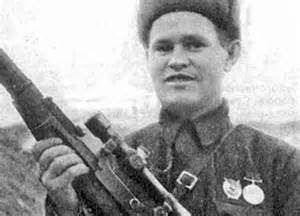
Vasily Zaitsev’s heroic life and the Stalingrad story have been the object of several films and documentaries, including a Hollywood blockbuster, Enemy at the Gates.
After the war, the Soviet authorities commissioned the enormous Mamayev Kurgan memorial complex. Vasily Chuikov, who led Soviet forces at Stalingrad, lies buried at Mamayev Kurgan, the first Marshal of the Soviet Union to be buried outside Moscow. Legendary Soviet sniper Vasily Zaytsev was also reburied there in 2006.
The monumental memorial was constructed between 1959 and 1967, and is crowned by a huge allegorical statue of the Motherland on the top of the hill. The monument, designed by Yevgeny Vuchetich, has the full name The Motherland Calls! (Russian: Родина-мать зовёт! Rodina Mat Zovyot!). It consists of a concrete sculpture, 52 metres tall, and 82 metres from the feet to the tip of the 27-metre sword, dominating the skyline of the city of Stalingrad (later renamed Volgograd). (Excerpted from the Wikipedia entry on the topic.)
OTHER VISTAS OF MAMAYEV
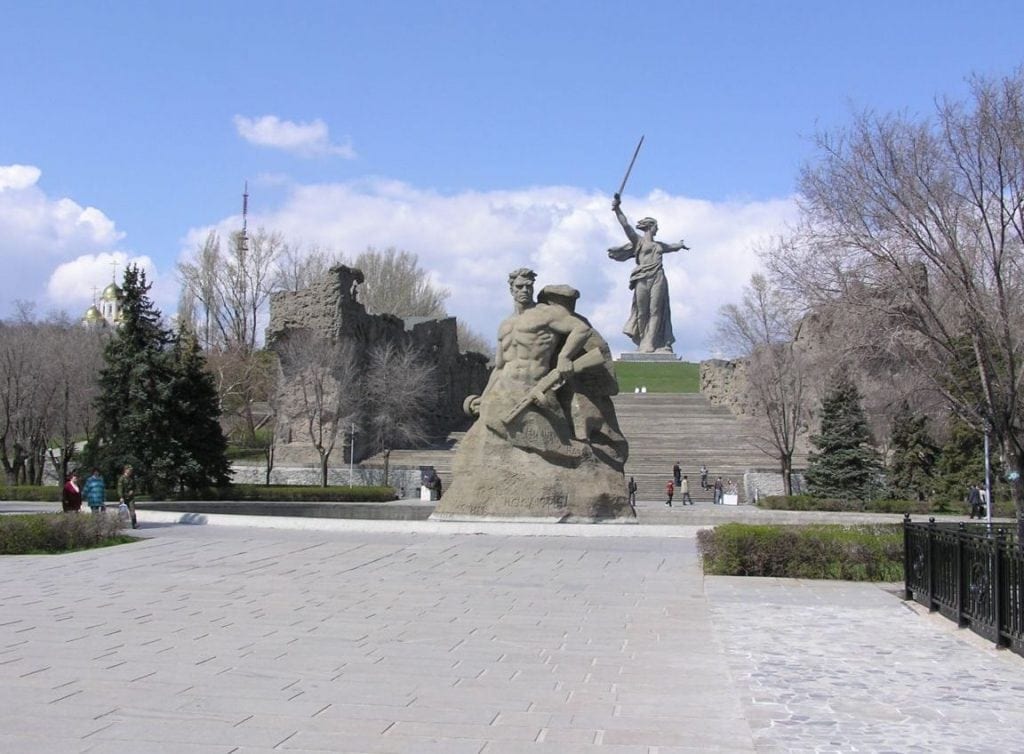
Soviet/Russian public art is monumental. Put down by bourgeois critics as crude propaganda, Soviet realism has a power lacking in the West’s often decadent art focusing on form at the expense of substance.
Note to Commenters
Due to severe hacking attacks in the recent past that brought our site down for up to 11 days with considerable loss of circulation, we exercise extreme caution in the comments we publish, as the comment box has been one of the main arteries to inject malicious code. Because of that comments may not appear immediately, but rest assured that if you are a legitimate commenter your opinion will be published within 24 hours. If your comment fails to appear, and you wish to reach us directly, send us a mail at: editor@greanvillepost.com
We apologize for this inconvenience.
![]() Nauseated by the
Nauseated by the
vile corporate media?
Had enough of their lies, escapism,
omissions and relentless manipulation?
 GET EVEN.
GET EVEN.Send a donation to
The Greanville Post–or
But be sure to support YOUR media.
If you don’t, who will?
Note to Commenters
Due to severe hacking attacks in the recent past that brought our site down for up to 11 days with considerable loss of circulation, we exercise extreme caution in the comments we publish, as the comment box has been one of the main arteries to inject malicious code. Because of that comments may not appear immediately, but rest assured that if you are a legitimate commenter your opinion will be published within 24 hours. If your comment fails to appear, and you wish to reach us directly, send us a mail at: editor@greanvillepost.com
We apologize for this inconvenience.
![]() Nauseated by the
Nauseated by the
vile corporate media?
Had enough of their lies, escapism,
omissions and relentless manipulation?
Send a donation to
The Greanville Post–or
But be sure to support YOUR media.
If you don’t, who will?



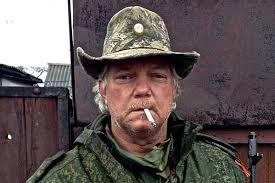
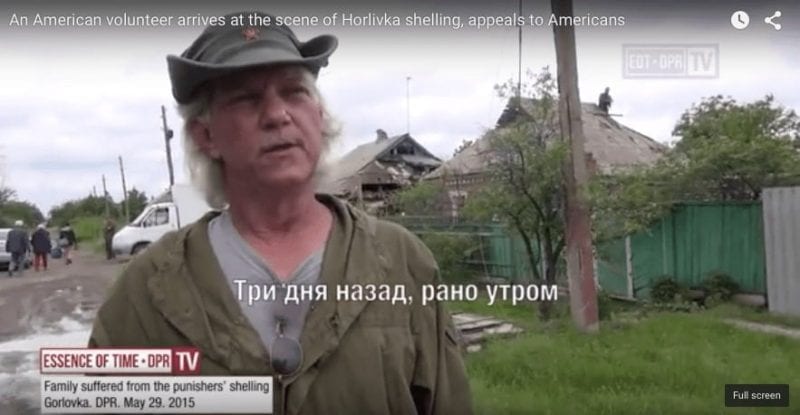

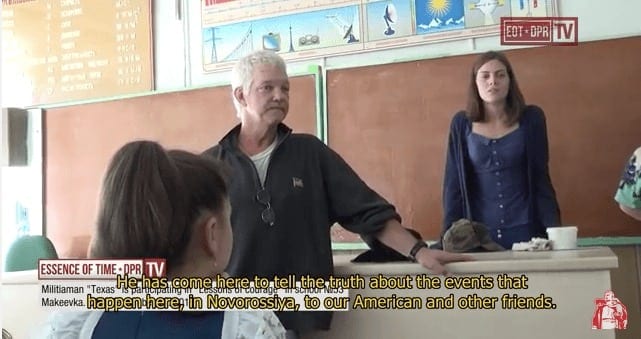
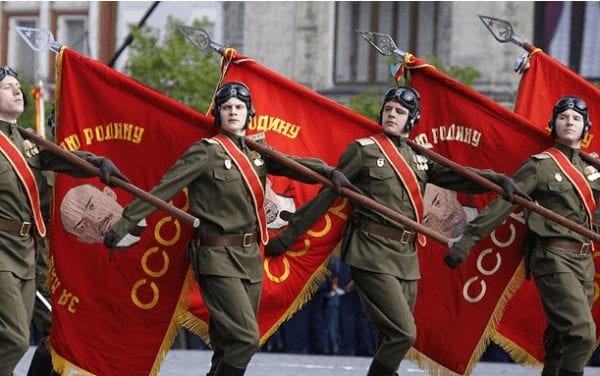
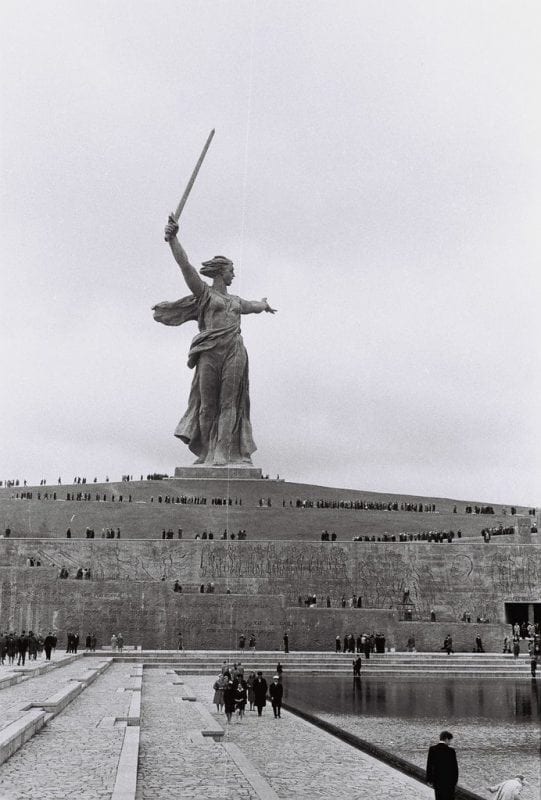



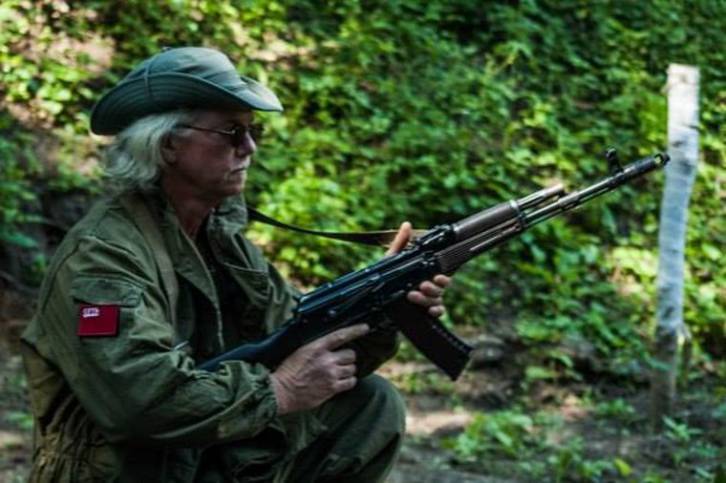


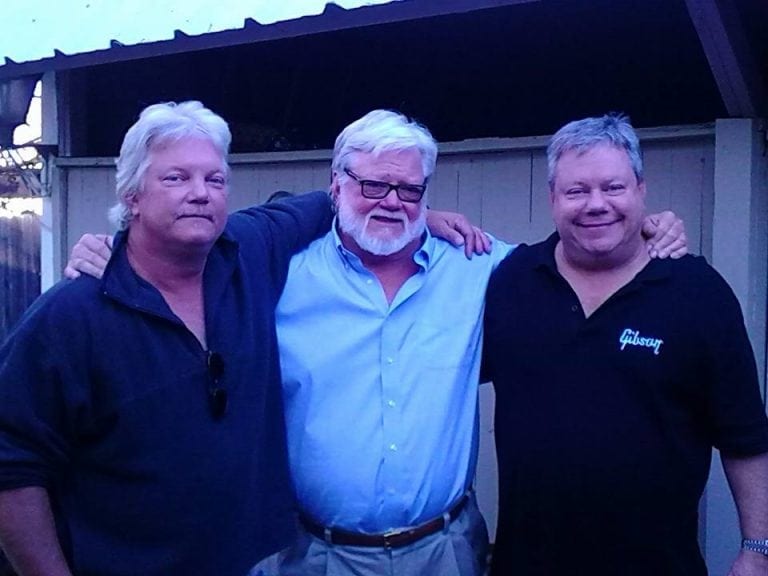
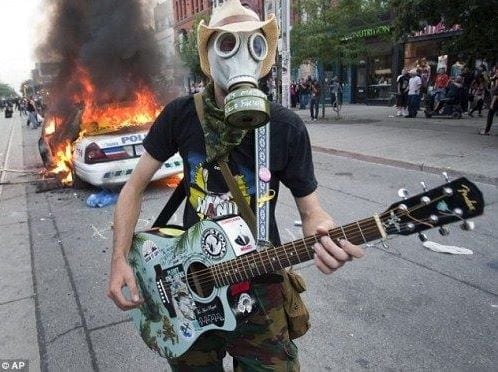
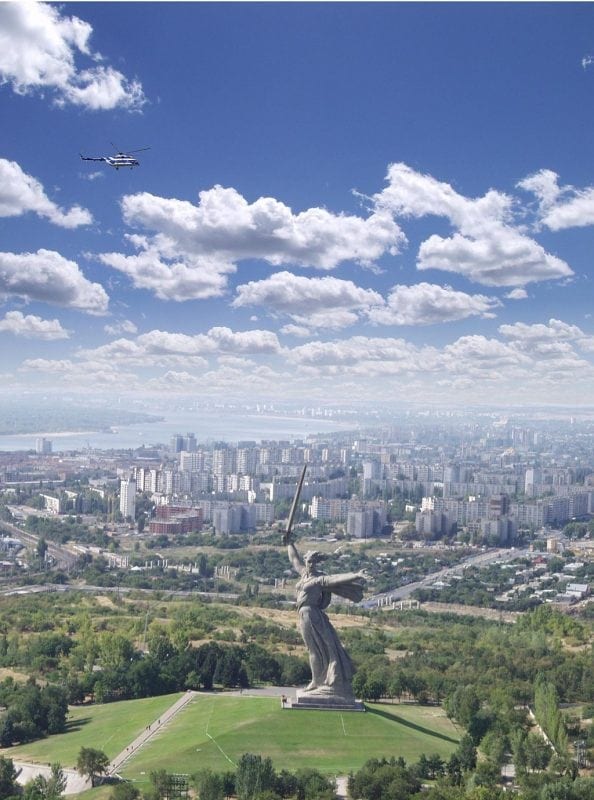
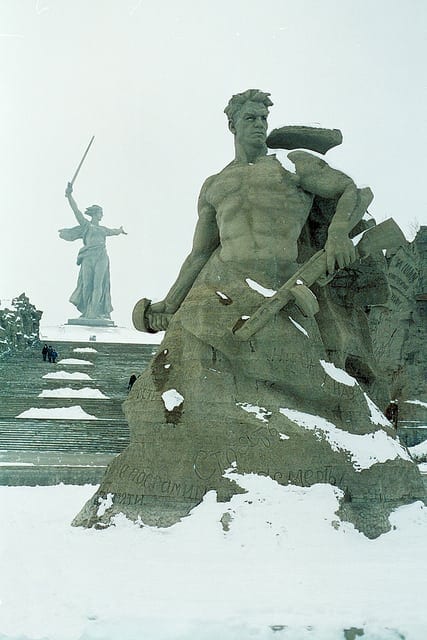
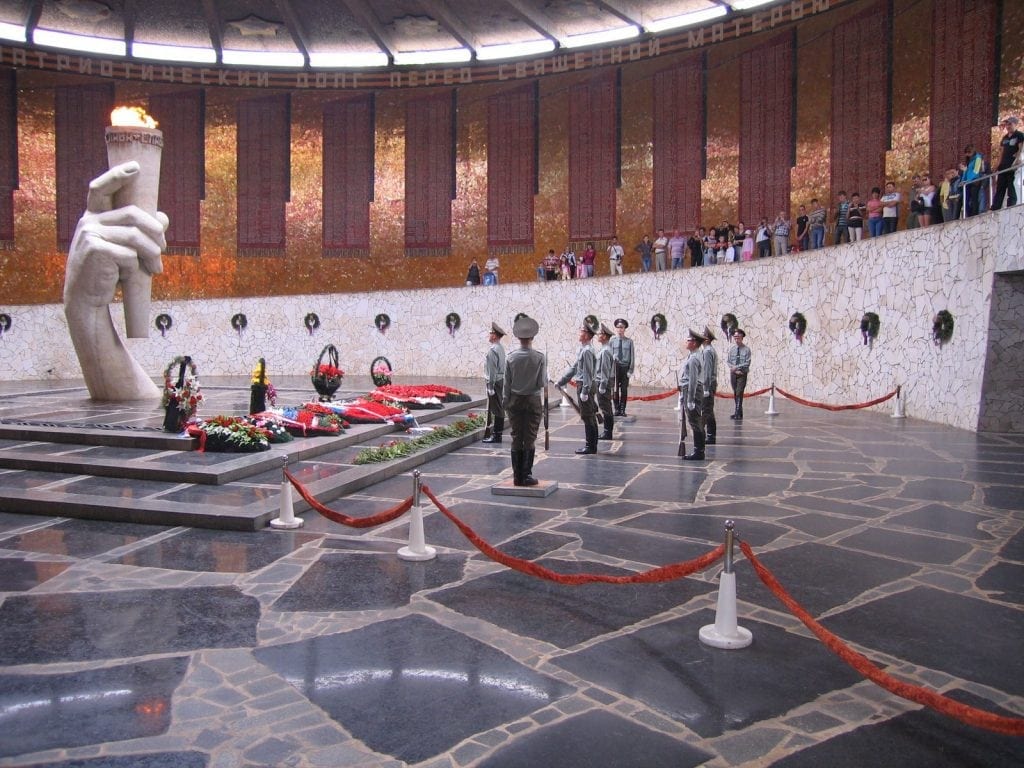
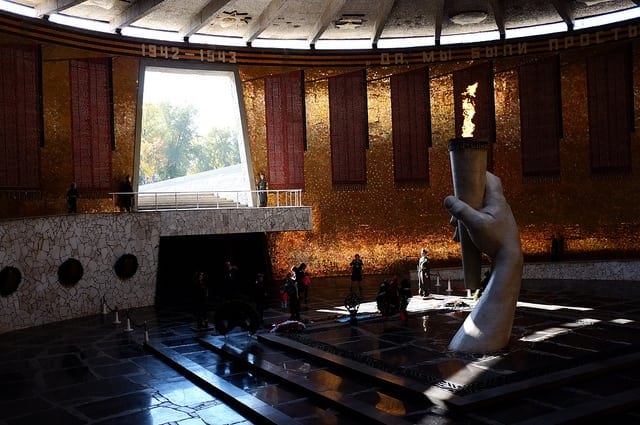
Not that you will ever read this “Tex” , but thanks for the words and the pictures. I understand one thing now. I could never do what you have done as long as my mom is still living. Sorry for your losses of friends and family but very glad (if slightly envious) of all that you have gained.
Raised as a street urchin, later graduating to juvenile delinquent, tears don’t come easily; but was deeply moved by your introduction, your courage and your selfless devotion to the cause of the people of Novorossyia. Indeed, words reach farther and deeper than bullets. I am a bit your senior but may as well join the new IB, if not on the frontline, perhaps shooting words to tell the story of the people who said NO to the Empire and its stooges. Bravo Tex
Texac is simply an amazing human being. He almost single-handedly redeems not only a lot of indolent, imperialist Americans, but many Texans, as well!
Phil Parker
Philadelhia